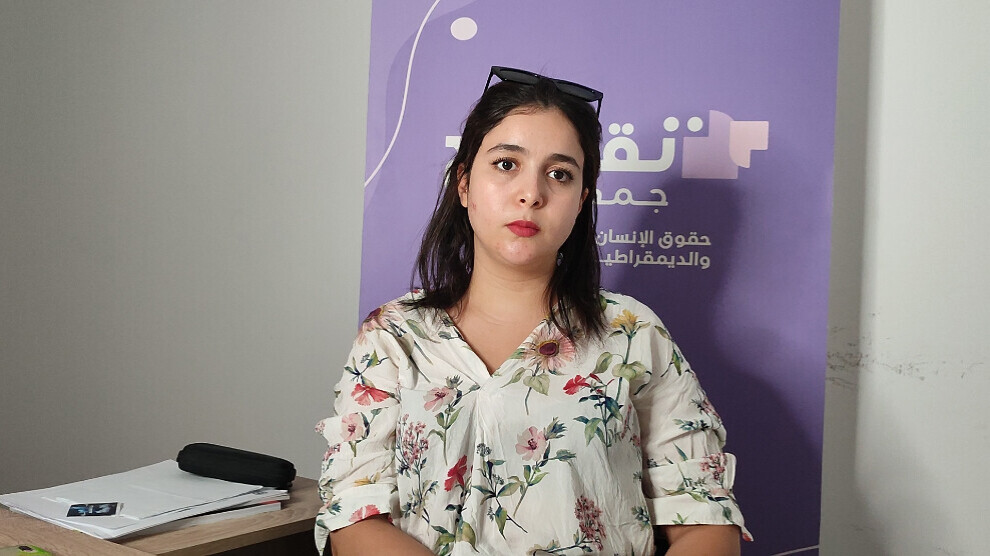Tunisian activist: Women are subjected to many forms of violence
Although Tunisia achieved a historic step by passing its first national law to combat violence against women in 2017, the cases of femicide keep rising in the country because the law has not been effectively implemented.

ZOUHOUR MECHERGUI
Tunisia- Tunisian human rights activist Mai Al-Obeidi thinks that gender-based violence has become a phenomenon that affects all women in Tunisia. In recent years, Tunisia has recorded many cases of gender-based violence and femicide.
‘Justice has been served’
In 2021, Refka Cherni, a 26-year-old mother from the Kef region, was killed by her police husband. Speaking about the 34-year prison sentence issued against her husband, Mai Al-Obeidi said, “Justice has been served after two years as a result of feminist struggle.”
Although she had reported her abusive husband many times, she was killed by her husband. “Although she reported violence against her many times, she was killed by her police husband because no necessary measures were taken. The decision of the court in this case is a fair decision. We expect this decision to be a deterrent decision,” said Mai Al-Obeidi.
‘The law is not effectively implemented’
In 2017, Tunisia passed Law 58 to combat violence against women. The adoption of Law-58 was a long-fought achievement to combat violence against women in Tunisia. “Law-58 is a comprehensive law and it is capable of protecting women against violence; however, the law is not effectively implemented. Survivors of gender-based violence are convinced to accept their situation in women’s shelters. Dozen women, like Refka Cherni, were killed because of irresponsible and ill-considered actions.”
Mai Al-Obeidi also commented on the arrest of Abeer Moussa, the head of the Tunisian Free Constitutional Party, and said, “Violence has reached female politicians in Tunisian parliament. Activist Chaima Issa (A member of the opposition’s National Salvation Front) was arrested on 22 February. She is now free but she faces oppression; she is prevented from travelling to Paris. She cannot even participate in demonstrations being held to be in solidarity with the Palestinian people.”
Underlining that male authority seeks to marginalize women in all spheres of life, she called on all Tunisian women to break stereotypes and traditional images that the patriarchal mindset imposed on them. She also spoke about the role of NGOs in defending women’s rights. “They should carry out awareness-raising activities about women’s rights. Feminist organizations make great efforts for the effective amendment of Law-58.”
